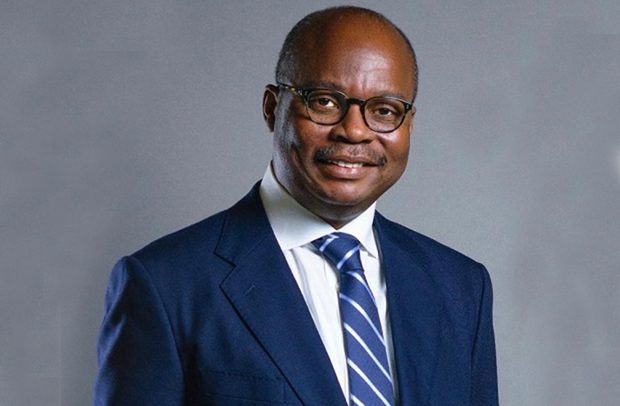Dr. Ernest Addison
The Governor of the Bank of Ghana (BoG), Dr. Ernest Addison, has announced at a press conference on July 24th that the central bank had achieved its target of zero financing of the government’s budget under an International Monetary Fund (IMF) programme.
He stated that the implementation of the IMF’s Extended Credit Facility program for the first six months of 2023 was broadly in line with its performance criteria targets for June of the same year.
This program envisaged a drawdown in reserves of close to $100m, yet the BoG had built reserves in excess of $1bn instead.
Dr. Addison went on to report that the bank’s financing of the budget under the IMF programme was expected to be zero, and this target had been met.
He also stated that inflation, as of June 2023, was within the target band. This achievement was the result of the BoG signing an agreement with the Finance Ministry to commit to zero financing of this year’s budget and subsequent ones.
Addressing the 113th Monetary Policy Committee (MPC) press conference in Accra on Monday, July 24, Dr Addison said “Implementation of the IMF-supported Extended Credit Facility programme for the first six-months of 2023 is broadly in line with the Performance Criteria targets for June 2023. While the programme envisaged a drawdown in reserves of close to US$100 million, the BoG built reserves in excess of U$S1 billion.
“BoG financing of the budget, under the programme, is expected to be zero and this has been met. Regarding the Monetary Policy Consultation clause, inflation, as at June 2023 was within the target band.”
The Head of Banking Supervision at the Bank of Ghana, Osei Gyasi, had previously said that stopping the monetary financing of the government deficit was necessary to control inflation and curb the country’s rising debt.
He added that this commitment to zero financing, by both the BoG and the Finance Ministry, would trigger a disinflation path and downward trends in the policy rate, as well as restore the country’s reserve buffers to at least three months of import cover by the end of 2025.
By Vincent Kubi


